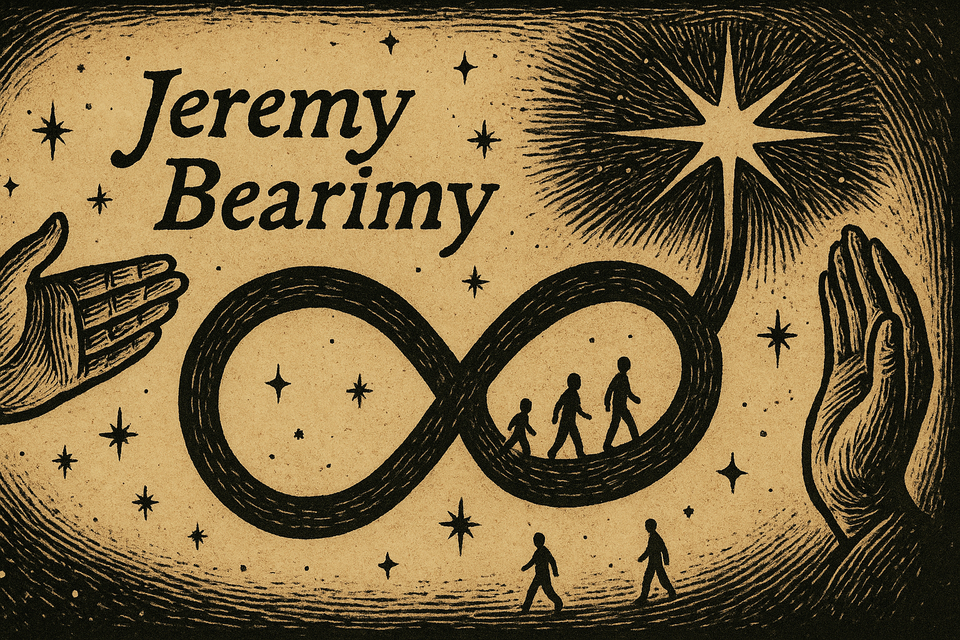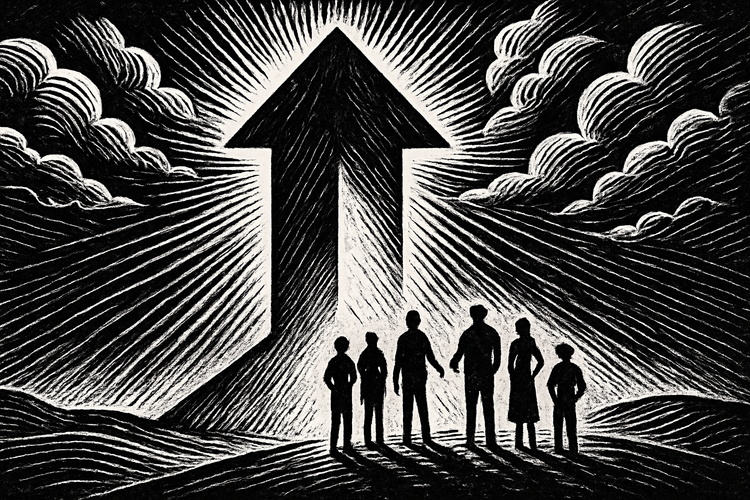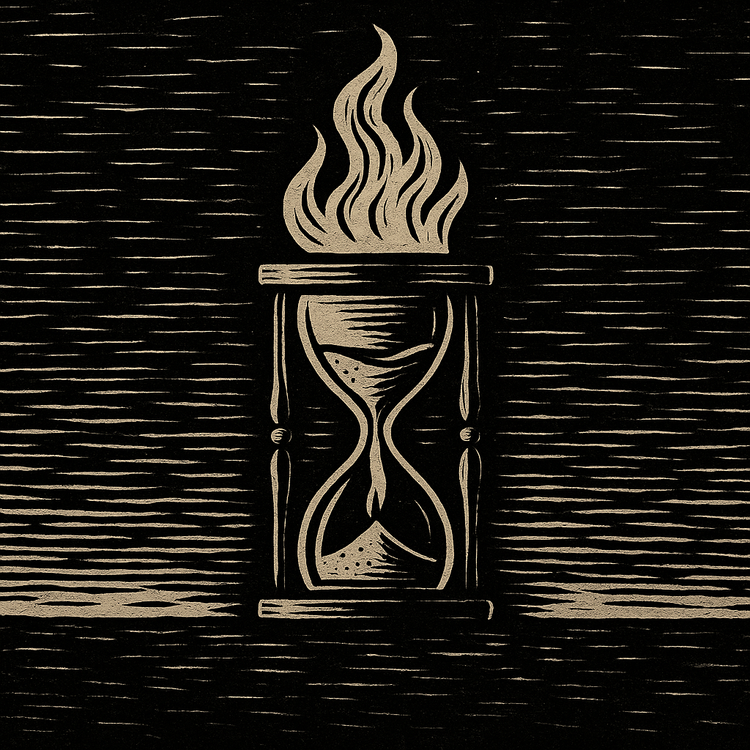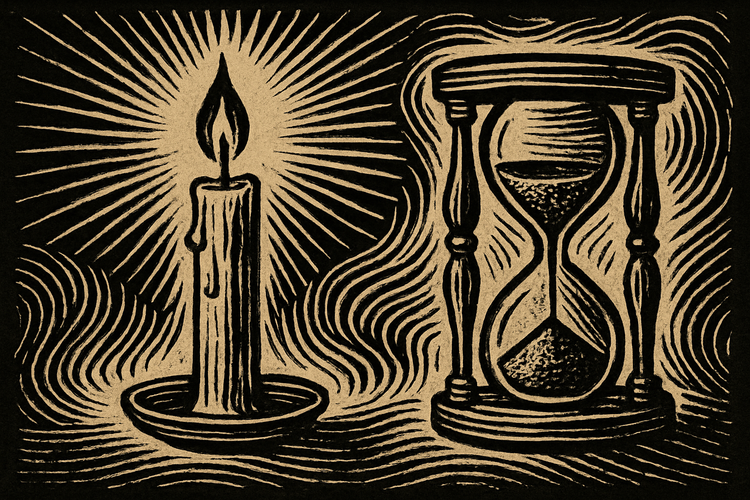The Good Place S3E4 "Jeremy Bearimy"

Spoiler Warning: This reflection contains full spoilers for The Good Place, including retrospective insights and thematic allusions. It assumes familiarity with the entire series and is written from the perspective of a rewatch.
The experiment is over before it can really begin. One glimpse of the portal, and the humans know the afterlife is real—an unfixable problem in the Judge’s view, because moral growth can’t be measured if the outcome is certain. The points don’t count anymore. In Jeremy Bearimy, that realization becomes a philosophical freefall: the cosmic timeline loops like a signature, and the group has to decide whether a life without a scoreboard can still be a life with purpose.
The Limits of Nihilism
For Chidi, the collapse of the experiment isn’t just bad news—it’s a total overload. In class, he lays out the three great branches of moral philosophy: Virtue Ethics, which asks what kind of person you should be; Consequentialism, which measures morality by the outcome; and Deontology, which follows rules and duties regardless of result. But when the scoreboard is gone and the afterlife already decided, each path leads to the same dead end. The weight of those frameworks, stripped of purpose, crushes his ability to act at all.
Without a moral framework that feels viable, Chidi unravels. He quotes Nietzsche to a drug dealer in the park, then later turns up shirtless in the grocery store, filling his cart with an absurd mix of candy, chili, and other incompatible ingredients. The would-be meal is less a recipe than a portrait of someone completely overwhelmed—grabbing at whatever’s in reach because no choice feels more meaningful than the next. It’s Eleanor who cuts through the spiral, not with a lecture, but with steady, grounded presence, pulling him back toward something like stability.
Choosing to Try Anyway
Even in the haze of pointlessness, some habits die hard. Tahani moves to give Jason a large sum of money—an act that might come from genuine care, or might still be tangled with her old need to be seen as generous. The ambiguity doesn’t erase its weight. Eleanor, meanwhile, can’t keep to the self-centered rules she’s set for herself. She keeps slipping into acts of connection and kindness, small choices that defy her stated plan to live without consequence.
By the end, Eleanor gives the group something to stand on. If the afterlife’s points don’t matter, then the scoreboard can’t be the reason to act. The only move left is to help others—because while their own fates may be sealed, other people’s might not be. It’s a direct rejection of the nihilism that nearly swallowed them, and the beginning of the Soul Squad: a promise to keep going, not for their own salvation, but for the chance to make someone else’s path a little better.
In Jeremy Bearimy, the show takes a sharp detour through despair before emerging with something quietly radical: morality untethered from reward or punishment. Purpose becomes self-defined, grounded in the choice to make things better for someone else, even when nothing better waits for you.



Comments ()